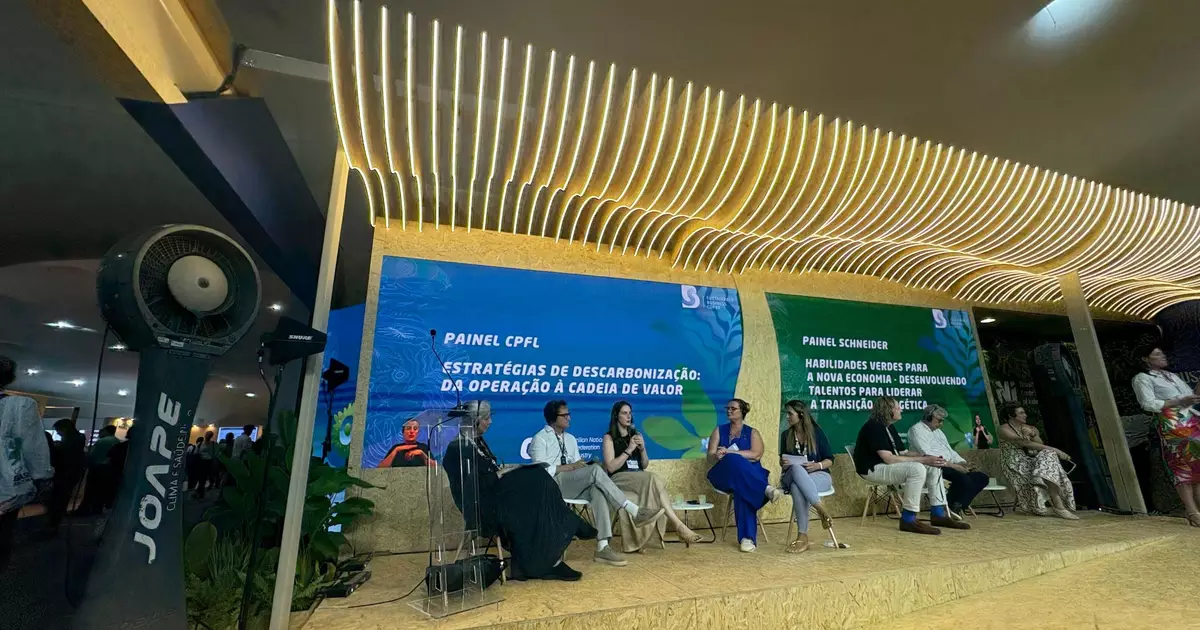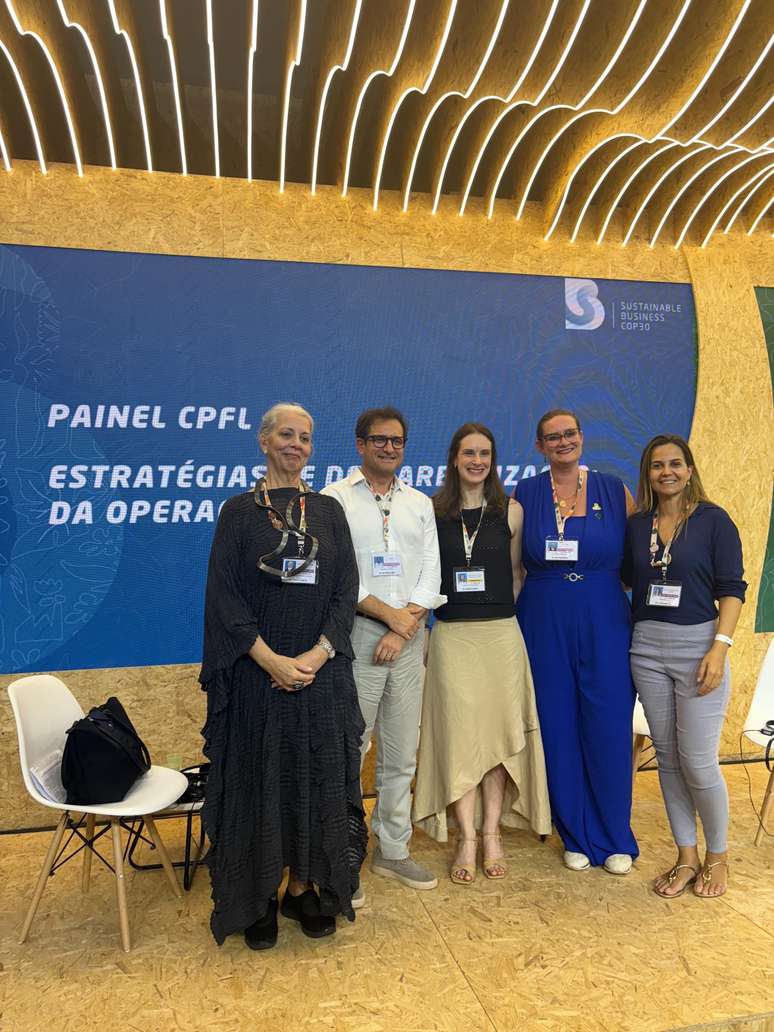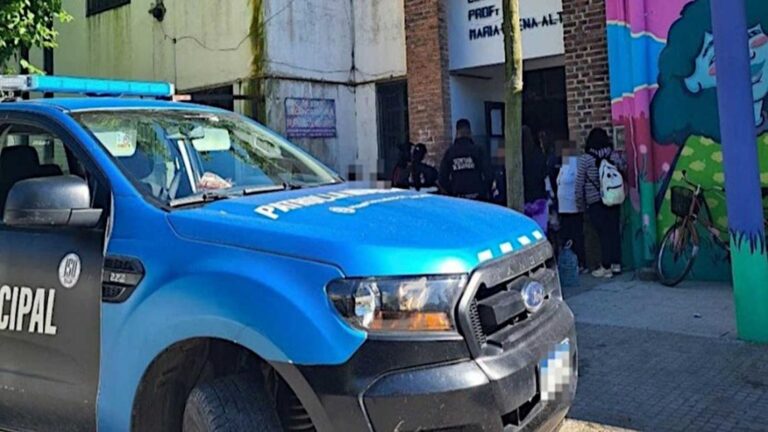
Ana Letizia Senatore attended the COP30 Blue Zone this Thursday 13th for a panel discussion at Espaso CNI.
November 13th
2025
– 9:54 p.m.
(Updated at 10:13 p.m.)
Reducing greenhouse gas emissions by industry was the theme of the panel “Decarbonization Strategies: From Operations to Value Chains” this Thursday 13th at the Espaço CNI in the COP30 Blue Zones Pavilion. Decarbonization will be one of the focuses of this year’s Conference of the Parties in Belem, and Ana Leticia Senatore, Environment and Sustainability Manager at Vivo, stressed the importance of developing and training suppliers in the supply chain. production to achieve the required level of reduction.
In addition to Mr. Vibo, the panel also included Gustavo Estrella, CEO of CPFL Energia, and María Luisa de Oliveira Pinto e Paiba, Executive Vice President Suzano Sustainability and Senior Advisor to the Secretariat of Environment and Infrastructure of the State of Rio Grande do Sul. Roberta Cox, COP30 Director of the Global Renewable Energy Alliance (GRA) and Brazil Policy Director of the Global Wind Energy Council (GWEC), joined the panel. They discussed how organizations are building their emissions reduction strategies, taking into consideration everything from energy efficiency and the implementation of renewable resources to managing a full range of emissions.
Ana Letizia said that since 2021, Vivo has been working with suppliers who collaborate with the company in a strategic way on climate issues, conducting engagement, development and training work to apply key concepts. “We are working with groups to ensure that they are regularly trained and prepared for this new climate change world,” he said.
The Greenhouse Gas Protocol takes into account three scopes of emissions for companies and their value chains: they are:
- Scope 1: Refers to direct emissions from sources for which a company is responsible. It concerns itself with what is produced.
- Scope 2: It covers indirect emissions related to processes such as electricity and cooling used by companies.
- Scope 3: It covers a company’s production chain, including suppliers, waste, etc., and considers indirect emissions, including all activities surrounding its activities. This tends to be the most difficult range.
In 2015, Vivo set its first emissions reduction targets in line with the Paris Agreement. The company reached a 70% reduction in Scope 1 and 2 in 2018 and 90% in 2023, reaching levels recommended by scientists as necessary to combat climate change.
The current target is to reach net zero by 2035, reducing emissions by 90% considering the entire value chain, including indirect emissions from suppliers, and reducing the remaining 10% to zero.
Ana Letizia explained that before the training, only 30% of the 125 suppliers with the highest emissions were addressing climate issues. Today, that percentage stands at 87%. The current plan is to encourage suppliers to adopt renewable energy, green fuels, circular economy and eco-efficiency.
“We recognize that it is the power of our brand that drives our vast chain of 1,200 suppliers. This allows us to amplify our positive impact on society as a whole.”
It is essential to consider efficiency in these processes as well. Studies show that digitalization could reduce global fossil fuel emissions by up to 15% by 2030, Vivo’s environmental manager pointed out. This, she explained, shows the importance of constantly seeking greater efficiency in the use of resources.
She cited advances in surveillance and control enabled by digitalization as an example. As an example, in the Internet of Things, data captured by sensors can be instantly transmitted over mobile networks to show where resources are being wasted. Increased efficiency saves resources and helps meet climate change goals.
*The reporter visited Belém with support from ClimaInfo





